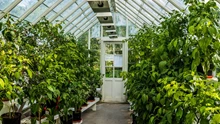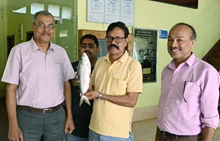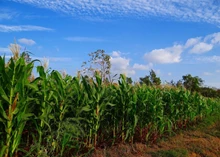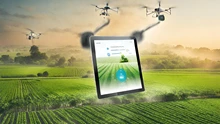
Olam Agri, the Singapore-based Olam Group's food, feed, and fibre agribusiness subsidiary, has secured a US$200 million loan from the International Finance Corporation (IFC) to boost food production.
The loan will be used to purchase wheat, maize, and soy from Canada, Germany, Latvia, Lithuania, and the United States, according to Olam. Following that, the commodities will be delivered to Olam's processing facilities and customers in developing countries such as Bangladesh, Cameroon, Chad, Egypt, Ghana, India, Indonesia, Nigeria, Pakistan, Senegal, Thailand, and Turkey.
The loan is part of the IFC's broader efforts to address food insecurity in the face of rising food prices caused by pandemic, adverse climate events, and the ongoing Russia-Ukraine conflict.
According to a statement, the loan, which has the potential to feed over 40 million people, will help to support the flow of key food commodities to developing countries that have previously relied on the Black Sea region for sourcing.
In particular, unstable, conflict-affected, and impoverished nations that are net food importers, who are among the most hit, and where food purchases account for a disproportionate amount of disposable incomes, are targeted in order to reduce food price inflation.
Rana Karadsheh, regional industry director for manufacturing, agribusiness, and services at IFC, outlined how partnerships with important firms that trade agricultural commodities, like Olam Agri, were essential to preserving the flow of essential food staples between surplus- and deficit-producing nations.
"This facility further allows us to continue supplying staple crops and provide food security to some of the most populated countries in Asia and Africa most at danger of global food inflation," N Muthukumar, chief executive officer, operations, Olam Agri, stated.
Food prices, as measured by the Food and Agriculture Organization's (FAO) Food Prices Index, have reached their highest level since the series began in 1990, with low-income countries and families bearing the brunt of the impact.
In general, developing economies have a higher share of food in their overall consumer baskets—and thus in their Consumer Price Index (CPI)- than advanced economies. Food and beverages, for example, account for 54 percent of CPI in Ethiopia and 50.7 percent in Nigeria, compared to 11.6 percent in the United Kingdom.











